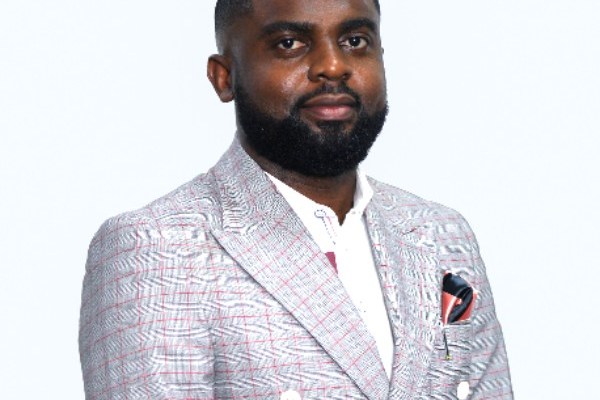
WHAT LED TO THIS TRAINING?
I went to London School Of Public Relations about eight years ago when I was about starting Teksight PR agency and by the time I came back to Nigeria, I realised that we didn’t have a lot of PR training taking as serious.
One of the shockers we have was that, most Nigerian agencies do not even give out PR briefs , we only have advertising briefs or digital marketing briefs as the case may be but you hardly find a PR brief. So what we did is start encouraging people about PR and encouraging people taking courses around PR and that was what led to our partnership with LSPR hoping to bring that quality training to Nigeria, but we are not just bringing the quality training to Nigeria or bringing people to come an train Nigerian , we are also trying as much as possible to develop local faculty here so that Nigerians would be the one taking the training after a while .
YOUR COMPANY IS MAJORLY ON TRAINING, ARE YOU PRACTICING PR?
I am practicing PR. My company Teksight Edge is a PR agency, we are PR agency with a slight difference and the difference is we use data to develop our PR strategies. The company is Teksight Edge, it means we use technology and data to give brand an edge or advantage. Our strategy has always been based on data and information, because we realise that, yes the world is just waking up to the value of data, however, we have seen that eight years ago and we have seen that the world is heading to a data driven economy.
And now we are in digital economy and we know the currency of digital economy is data and that is why it is becoming more relevant now to get people trained in PR, not just in PR but also have other skills like data analysis skills, personal branding skills and things like that.
WHAT DO YOU THINK PR OUGHT TO DO ESPECIALLY NOW THAT THERE IS ELECTION AHEAD OF US?
First we need to train a load of our practitioners. I was having a conversation with Miss Clara Okoro and we were just talking about a whole lot of PR issues that happened in Nigeria, people tried to solve it with press releases, but looking at the training yesterday we have crisis management, there was example of a hotel that had a bad review and the strategy used for addressing that was a core PR, there was no press releases or billboard or radio interview done to solve that problem for the hotel but the problem was solved basically while we are doing this.
We understand that PR is based on certain strategies and rules and not just press releases at every point in time or let just use influencers. There are well thought out strategies around PR. Some of the political candidates we have, we need to start enlightening them and one of the first thing to know about crisis management is that we need to tell it early, tell it all or tell it yourself, but in most cases people find it difficult to tell early, tell it all or tell it themselves .
So that is when you realise that there is disconnect in how it is supposed to be practiced and how it been practiced. The only way to change anything is to have good knowledge about it, good information about it and that is the bedrock of training. We see a wider gap in Nigeria in respect to training because we also have a dysfunctional educational system, so you realise once people come out of school in Nigeria, they need to have more training, more resource, more development, it is a continuous process and that is the reason why training is important .
WHEN DID YOU START THIS TRAINING?
This training just started and the first training in Nigeria but the school has been existing for about 30 years.
WHAT STRATEGY ARE YOU GOING TO USE TO REACH OUT TO PRACTITIONERS THAT YOUR AGENCY IS OFFERING THIS KIND OF SERVICE?
Our first strategy was stakeholder engagement as a very strong PR tool or PR direction. Stakeholder engagement is something we don’t use these days but it is very important and stakeholders engagement is why we needed you to be here. You can’t talk about PR without media, that is why we first engaged the media and that is why majority of people you see here today are either from the media or practitioners or client but amazing percent of people here today are media and that is part of our strategy to make that partnership a lot more stronger than just reach out to random people on the street and understanding the political climate now, we need a lot of resource in respect to crisis management, issues management even to predict things not just wait for crisis to happen.
HOW ARE YOU DEALING WITH PUTTING OUT THE TRUTH NOW THAT YOU USE DATA AND PEOPLE DON’T WANT TO SAY THE TRUTH?
There is something called the truth and there is something called design narrative. Yes, you must know the truth. For example, a man shoot another person you can call it murder but you realign the narrative, it can either be murder of self defense and whatever you go with will determine the outcome of that process.
Once you look at data, you will always find a suitable narrative to help you come up with set of data unless your company has not been collecting the right set of data over time but data don’t lie but we need to have a good PR professional to help you navigate and know the data you need to put out there and that is one of the difference. The practitioner is important, the media is important and the stakeholders are important and if they don’t know how to go about it, you will not get good value even if you have the best PR agency.
DON’T YOU THINK IT IS NECESSARY TO ENGAGE NIPR?
Yes we have to and that was actually the first move we made, we contacted the Nigeria Institute of Public Relations, we also contacted Nigeria Institute of Journalism. We have reached out to every stakeholder that is concern. We also realise that NIPR has their own training, and there is a reason to bring Nigerian trainers, there is a reason to bring trainers from NIPR, Nigeria Institute of Journalism so irrespective of you having COREN, Society of Engineers you will still have engineering university that will collaborate with and for us that is the narrative, the collaboration, the partnership and engaging stakeholders, it is really important.
We will engage everyone, the most important thing is look for your partners and look for the partner that would help you grow and once you start growing, you start becoming relevant and you will be able to reach out to more person.
We did a free training yesterday and we had about 89 people and I think that is the largest PR gathering of training in recent times and largest gathering of PR professionals and people who care about PR to see new perspectives to things.
To most people, managing PR crisis is lying or hiding but with what the right PR strategist will let you know is that coming out with the truth and having the right data to lead or knowing how to do the best kind of bridge you have is the best strategy for you .
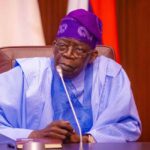

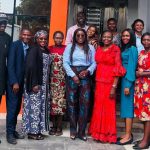

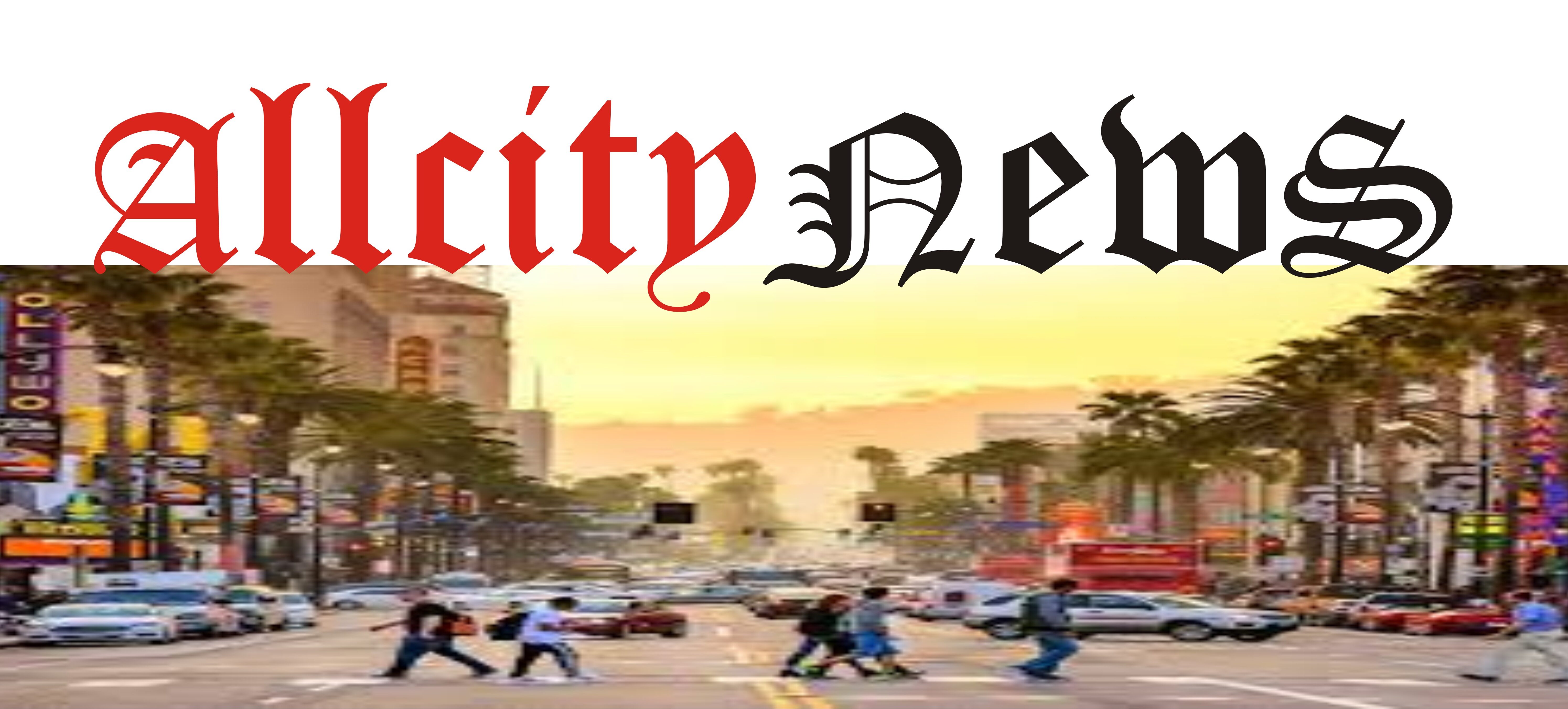
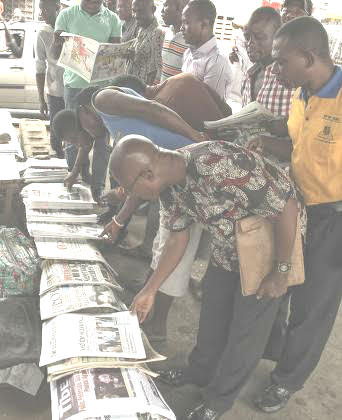
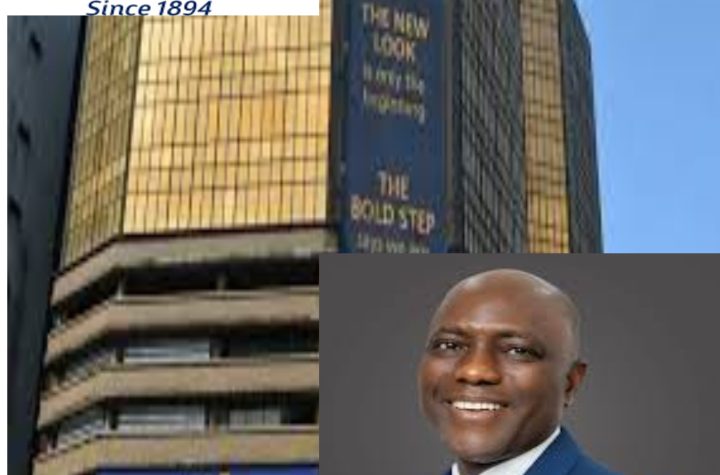
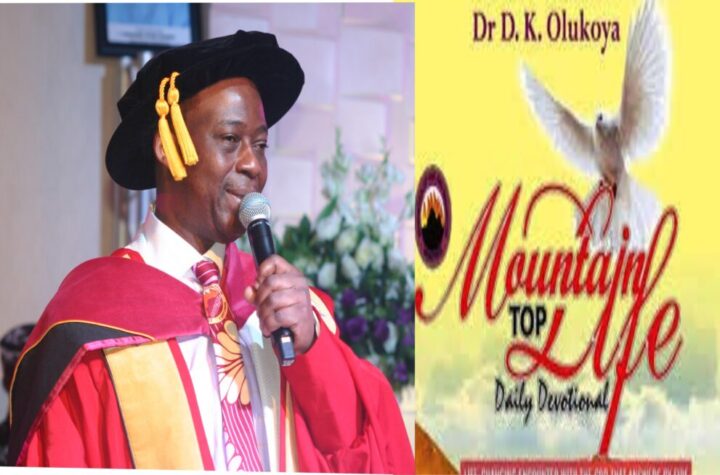
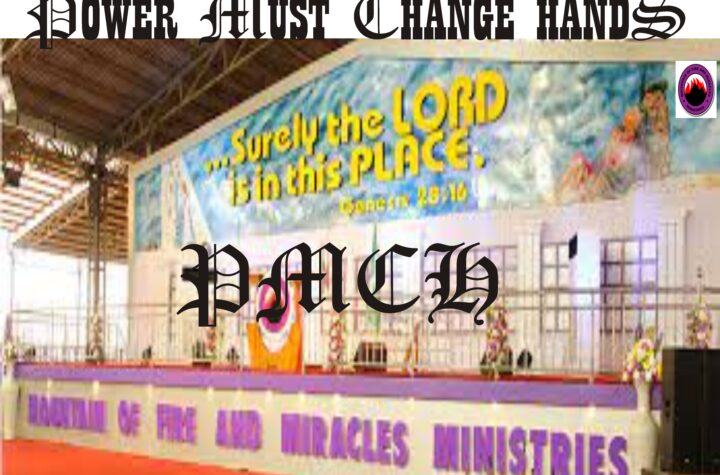
More Stories
Reasons why FirstBank Unveiled Advanced Facial Biometric Technology
FirstBank Wins Gold for Best Corporate University in Social & Climate Change Impact
Nigerian Breweries names Emmanuel Oriakhi as new sales director